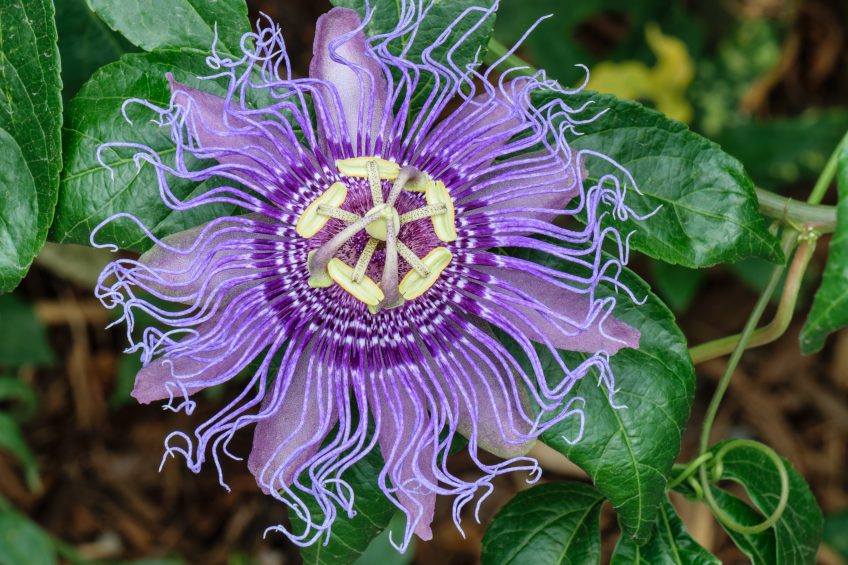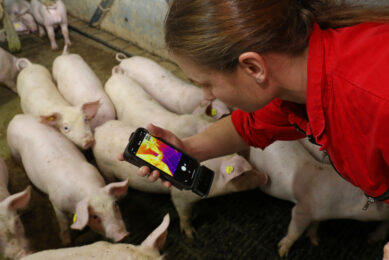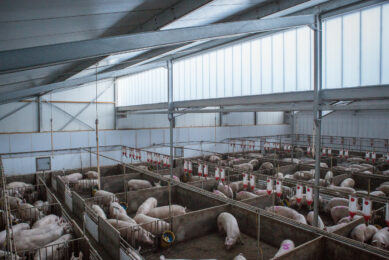Herbs and toys enhancing growing pig welfare

Environmental enrichment as well as herbal compounds can help reduce stress in growing pigs and thus increase animal welfare.
That was the outcome of research carried out by Spanish scientists. They published about it in the peer-reviewed journal Applied Animal Behaviour Science, which was published late 2017.
Pigs exposed to different stressors
Describing the background of their study, the researchers wrote: “Pigs reared in barren conditions are exposed to many different stressors, compromising their welfare and producing physiological and behavioural changes.”
They wanted to assess the effect of environmental enrichment, consisting of natural hemp ropes, sawdust, rubber balls; and a herbal compound consisting of valerian (Valeriana officinalis) and may pop (Passiflora incarnata) on the behaviour and performance of growing pigs. These herbs are known for having sedative and tranquilising properties.
In total, 56 pigs were used to assess 4 different treatments divided in 2 pens of 7 animals per treatment (14 pigs/treatment).
The treatments tested were:
1. Pigs reared with environmental enrichment;
2. Pigs supplemented with herbal compounds in feed – the herbal compound is commercially known as Sedafit ESC by Phytosynthèse);
3. Pigs provided with both treatments; and
4. Control group with neither treatment.
Body weight and lesions were measured before starting the experiments (week 15) and at 18, 20, 22 and 24 weeks of age. Weekly instantaneous scan and continuous focal sampling were used to record behavioural patterns of activity, social interactions and abnormal behaviours.
Pig body weight levels
In addition, 3 novel tests were carried out at 16, 19 and 23 weeks of age. The scientists observed that body weight at the end of the experiment was significantly lower for the pigs reared in the control group compared to the other treatments. Furthermore, pigs reared with environmental enrichment presented less stereotypies and redirected behaviour, but more exploratory behaviour, the researchers wrote.

However, pigs supplemented with herbal compounds presented fewer social interactions, a trend to present less negative social behaviour and fewer skin lesions than pigs not supplemented. Finally, no remarkable differences were reported in any of the 3 novel tests.
Positive influence on some animal welfare indicators
Thus, the researchers concluded, both environmental enrichment as well as herbal compounds, positively influenced some animal welfare indicators and performance of growing pigs in the present experiment.
The research article was written by Antoni Dalmau and Emma Fàbrega, IRTA, Spain; Xavier Manteca, Universitat Autònoma de Barcelona, Spain; and Nicolau Casal-Plana, who is attached to both institutes.











